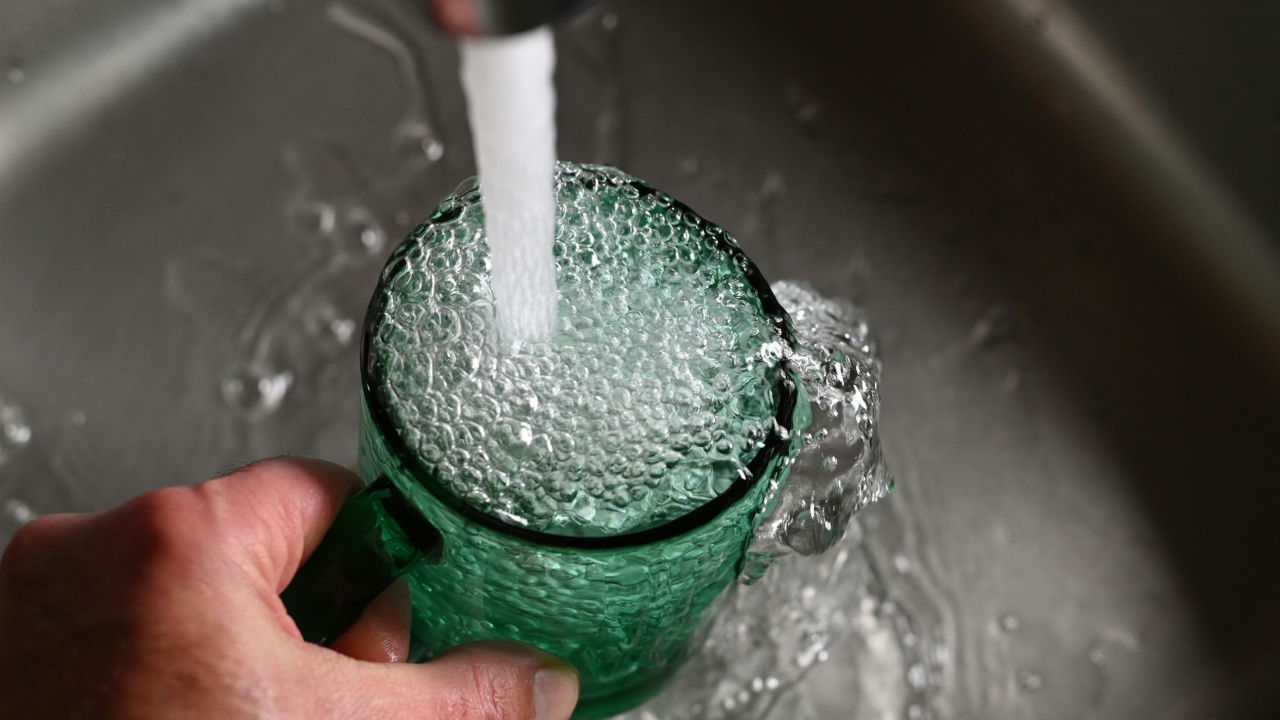- South Africa will begin importing 41 megaliters of water per day from the Zimbabwe Beibridge Water Treatment Works.
- The water will supply over 130 000 people living in the relatively rainless Musina municipality in Limpopo.
- The ongoing project is finally seeing dividends after a multimillion-dollar agreement was established between South Africa and Zimbabwe in 2015.
The South African government announced that it will start importing water from neighbouring Zimbabwe to provide relief to residents of Musina in Limpopo as the relatively arid area has limited sources of water.
This is after the South African Water and Sanitation Minister Senzo Mchunu signed a memorandum of understanding with Zimbabwe’s Minister of Lands, Agriculture, Fisheries and Rural Development Dr Anxious Masuka last week.
Following the agreement, South Africa will import about 15 million cubic meters per annum, or 41 megaliters per day, from the Beitbridge Water Treatment Works in Zimbabwe, directly to Musina.
This is set to supply the local Musina municipality, encompassing over 130 000 people and 192 villages in the region. According to data from 2012, Musina had about 372mm of rainfall a year, compared to Johannesburg’s 713mm from 2013.
The entire agreement is based on a bilateral deal on cooperation on Water Resources Management and the Establishment and Functioning of the Joint Water Commission (JWC) in 2015. What South Africa will be giving Zimbabwe for the water has not been discussed by Mchunu or the department, but a 2021 report asserts that it is a “multimillion dollar deal.”
Further, South Africa will now join Zimbabwe, Mozambique and Botswana in signing a new agreement for the Limpopo Watercourse Commission. This commission, comprised of four countries that draw water from the Limpopo River Basin, handles how each nation uses and shares the water from this single source.
“The agreement will strengthen South Africa’s relations with the three riparian states which share the basin and use water from the river to support various socio-economic activities, including agriculture, tourism, energy generation, as well as for domestic use,” the Water and Sanitation Department said.
The agreement comes as Johannesburg is facing a man-made water crisis. A flash-over event at a key substation in the city caused a power supply interruption to a Rand Water pumping station, leaving pipes across the city dry.
Now in its second week, residents in Linden, near Blairgowrie, Yeoville, Parktown, Glen Vista and other areas are still without water, even as a heatwave strikes parts of South Africa.
What was the Johannesburg mayor doing during all this? He was attending a reggae festival.
Executive Mayor Kabelo Gwamanda yesterday visited 'The Catch A Fire International Reggae Festival' in Soweto at the @sowetotheatres. The event was headlined by reggae artists from all over the continent. The Mayor also addressed the event. pic.twitter.com/deMsUx0cRF
— Exec. Mayor Kabelo Gwamanda (@KabeloGwamanda) March 10, 2024
[Source – SA News]
[Image – Photo by Andres Siimon on Unsplash]

